What is Afrofuturism and what ideas is it based on?
Categories: Africa | Culture | Nations
By Pictolic https://pictolic.com/article/what-is-afrofuturism-and-what-ideas-is-it-based-on.htmlWe usually associate Africa with half-naked savages, exotic predators, impenetrable jungles and crazy dictators. Therefore, the release of the film “Black Panther” became a real discovery for many. The world learned about the existence of such a trend in science fiction as Afrofuturism. He quickly gained many fans on different continents. What is this phenomenon and why did it become popular so quickly?
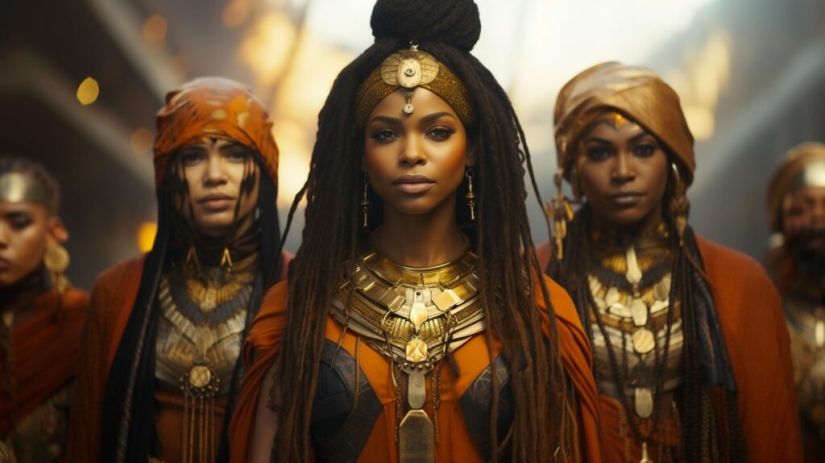
The term "Afrofuturism" is relatively new. It appeared just a quarter of a century ago in the collection of essays “Flame Wars: The Discourse of Cyberculture.” It was edited by US critic Mark Dery. This word was first heard in Deri's interview with science fiction writer Samuel R. Delaney, musician Greg Tate and critic Trisha Rose. All three are African American.

In the conversation, the critic raised the question of why representatives of the Caucasian race almost reign supreme in modern science fiction. Interest in science fiction among African Americans began to manifest itself late, at the end of the 20th century. It was then that the first fans of this direction and the first authors appeared among them.
Dery noted that with this came a completely different vision of the future. It is based on a fear of technology and a completely different cultural experience associated with African and African American culture. Of course, tragic moments played a big role - the colonization of Africa and slavery. It was to designate this new direction that the term “Afrofuturism” was used.
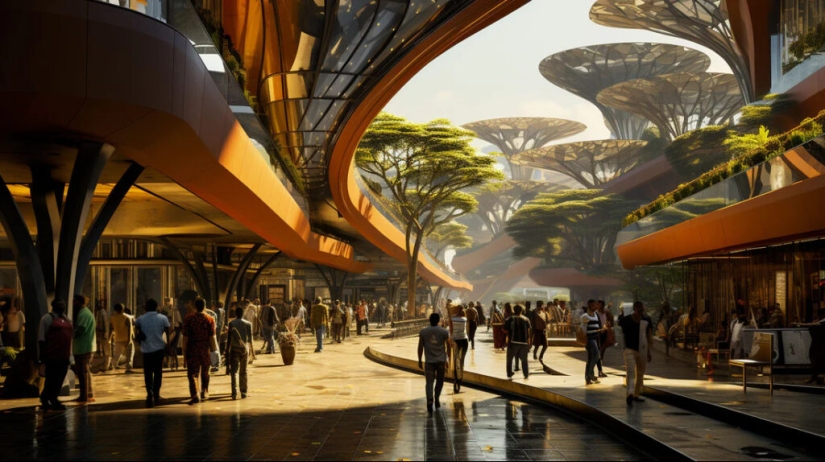
Now it is not only literature and philosophy, but also architecture, painting and other arts. Now we can confidently name musicians who support the ideas of Afrofuturism. These include Sun Ra, Drexciya, George Clinton and his groups Parliament and Funkadelic, hip-hop team Public Enemy and many others.
Afrofuturism has its own philosophy and original ideas that distinguish it from other areas of fiction. First of all, there is no expectation of utopia or dystopia. Afrofuturists believe that the apocalypse has already arrived. The history of mankind, filled with tragedies and massacres, shows this. New technologies do not bring a brighter future closer, but, on the contrary, only aggravate the current situation.
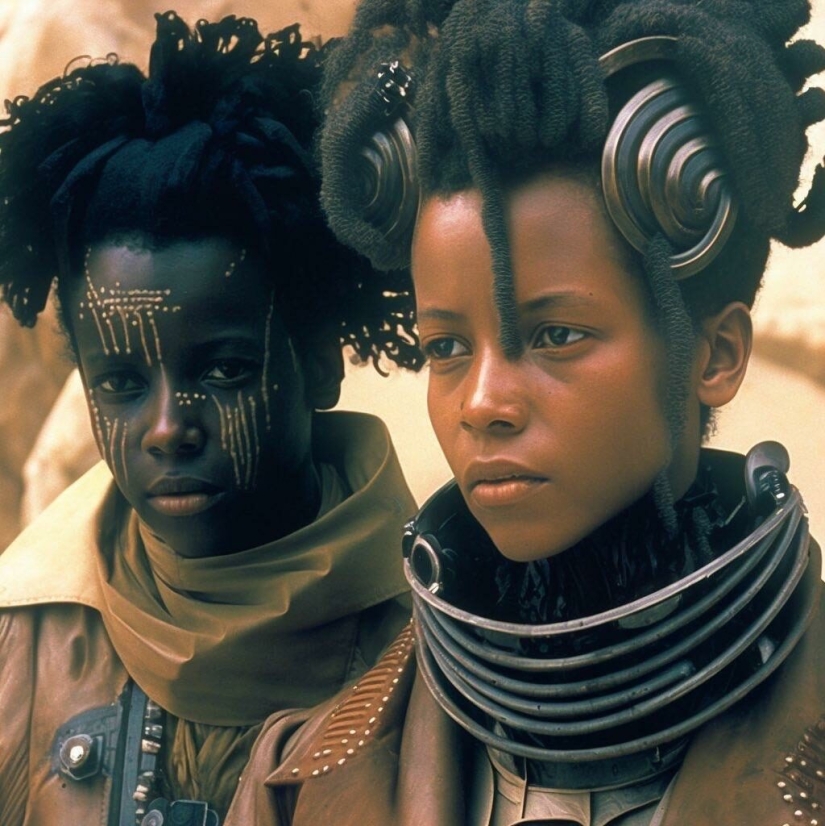
Also characteristic is the idea that power over scientific knowledge was in the hands of a narrow circle of white technocrats. This was one of the main reasons for the enslavement of Africans. The boundaries of the application of technological innovations and access to them lie along artificially created boundaries. They cut across ethnic, racial, gender and sexual groups. Therefore, it cannot be guaranteed that further progress will lead humanity to equality and general well-being.
Afrofuturists dream of two things: Africa's past golden age and its wonderful utopian future. They believe that their homeland was once not only no worse than Europe, but in many ways superior to it. And in the future, without a doubt, it will experience new growth and prosperity. The idea of an “African golden age” is not an idle fantasy. It is well known that once on the African continent there were civilizations no less developed than European and Asian ones.
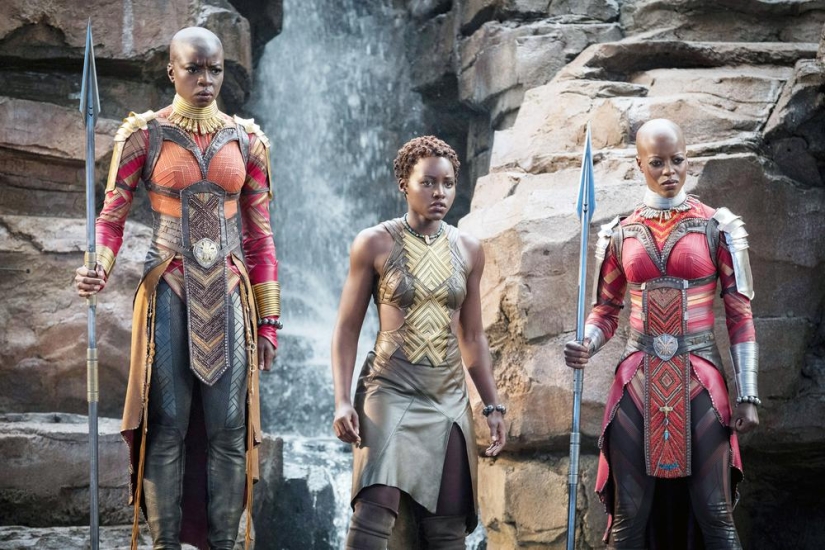
And this was a relatively recent past. Even before the 15th century, travelers were amazed by the wealth and development of science in Mali. It was there that the richest man in history lived - Emperor Ansa Musa. Another example would be Zanzibar, with its high-rise buildings and luxury built on well-established trade with many countries near and far.
If Europeans fantasize, mixing the aesthetics of ancient Rome or the Middle Ages with high technology, then why not Africans do the same, but with an emphasis on the empire of Ansa Musa? Afrofuturism is heavily involved in the archaic and technology. Ancient gods and spirits, who have received a second life thanks to the achievements of science and technology, easily coexist in it.
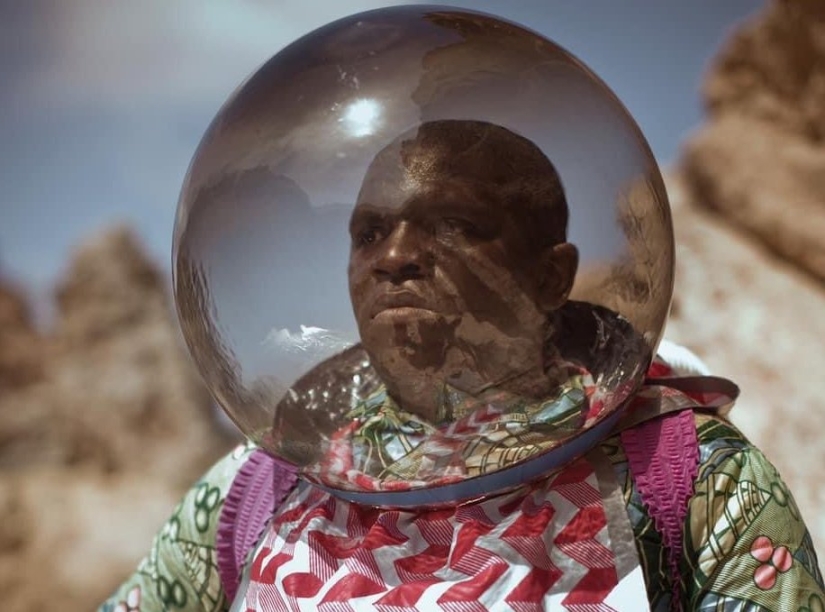
Afrofuturism often uses images of Afronauts. These are dark-skinned space explorers whose goals differ from typical explorers. Usually they are either looking for a new homeland where they will build their happy world, or looking for adventure, like the earthly Bantu nomads.
One of the key themes of Afrofuturist fiction is the interaction of Afronauts with representatives of extraterrestrial civilizations. Usually, aliens are “new colonizers” and enslavers of humanity. Less common are stories where earthlings interbreed with aliens, giving birth to new races that have all the advantages of their parents.
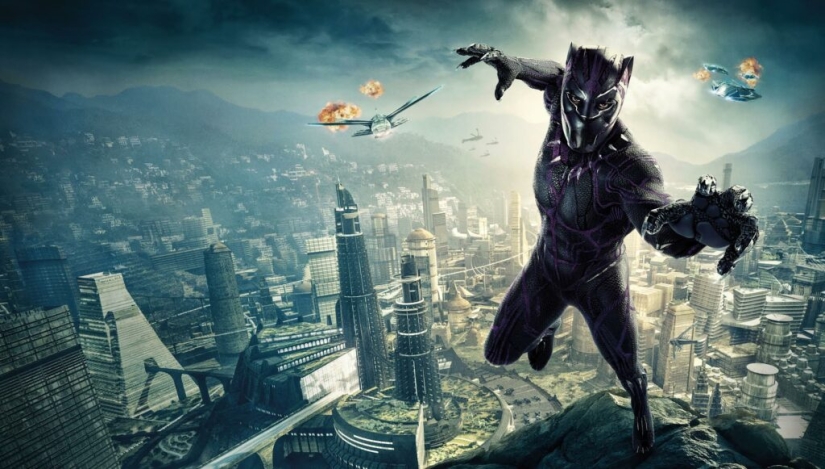
The film Black Panther played a huge role in popularizing Afrofuturism. Although in fact this phenomenon is much deeper than just movies about superheroes, in which the inhabitants of Africa act. But a start has been made and this trend, until recently known to very few, gradually began to enter the mainstream.
Recent articles

It's high time to admit that this whole hipster idea has gone too far. The concept has become so popular that even restaurants have ...

There is a perception that people only use 10% of their brain potential. But the heroes of our review, apparently, found a way to ...

New Year's is a time to surprise and delight loved ones not only with gifts but also with a unique presentation of the holiday ...